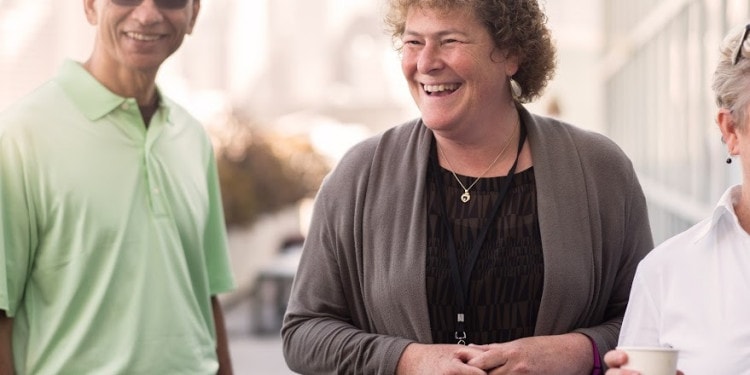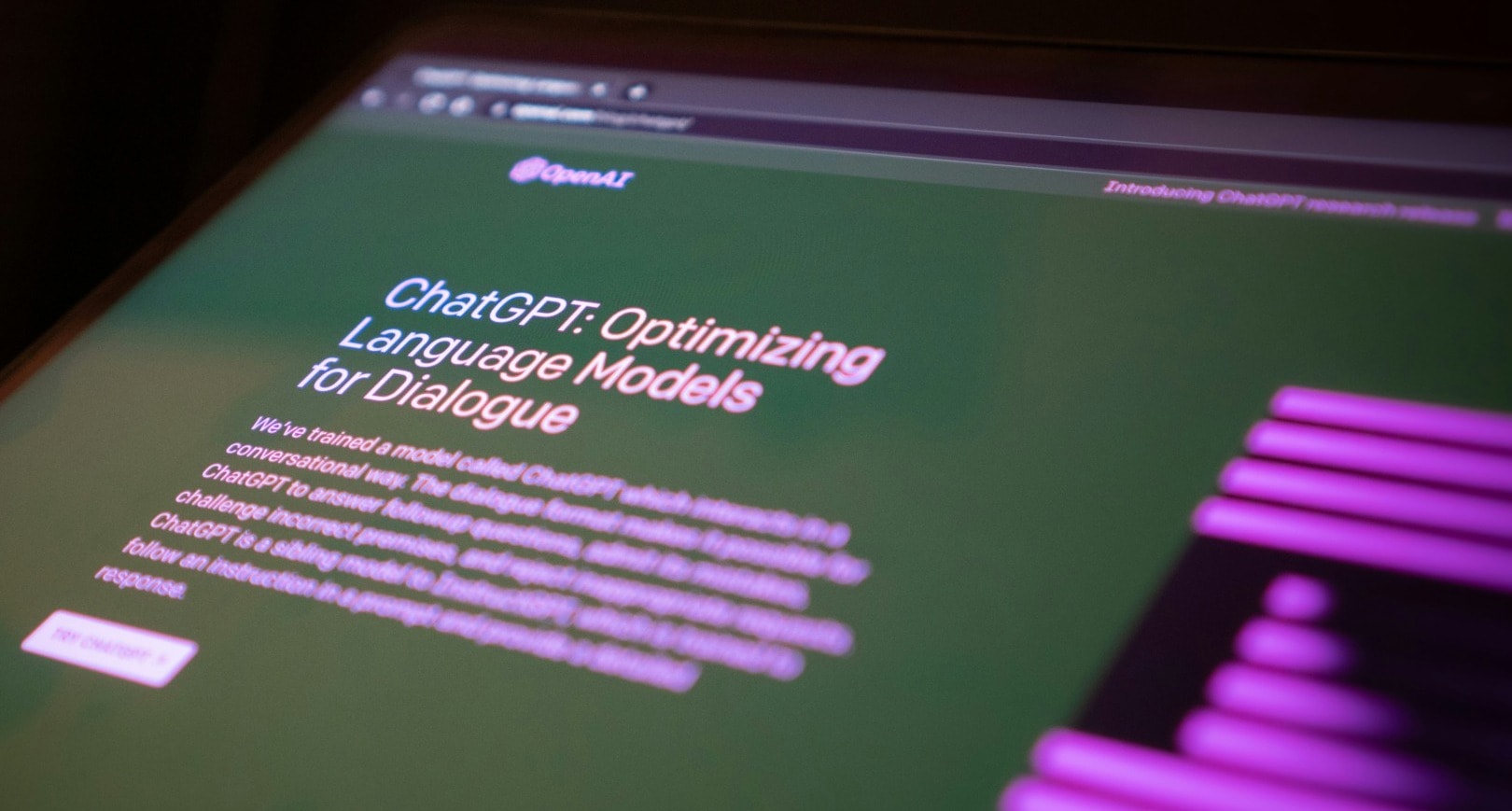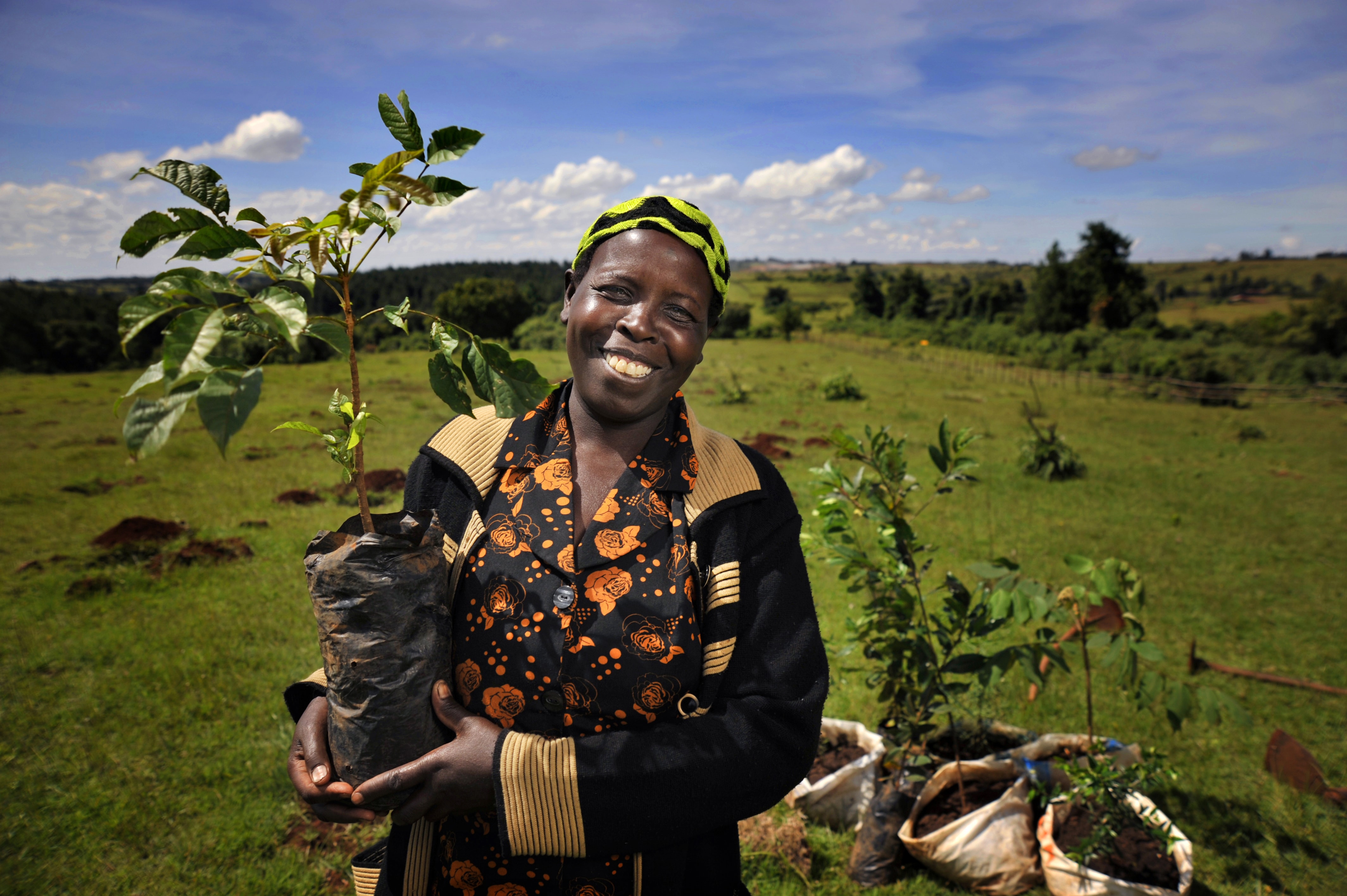Finding new and unique ways of educating the world’s youth is a challenge taken on by many educators, policy makes, NGO’s, and even startup entrepreneurs. With a wealth of information on how to reinvent the system of higher education, the Minerva Project is dedicated to making higher education both accessible and affordable to the brightest students globally. The focus is simple, Minerva offers a reinvented undergraduate curriculum, an immersive global experience, and cutting-edge technology to offer students the opportunity to solve complex challenges, develop critical and creative thinking skills, and effective communication. In an interview with the Minerva Project’s Chief Experience Officer, Robin Goldberg, discusses the Minerva Schools at KGI which attracts the brightest and most motivated youth from around the world. Founded in 2012 by CEO, Ben Nelson, Minerva received a seed investment from Benchmark Capital allowing them to get on their feet. This is their story and how they plan to educate the leaders of tomorrow …
We want Minerva to be a catalyst for global change in higher education, and it’s our hope that other universities will adopt our approaches or develop something even better over time.
What are the goals and the mission of The Minerva Project?
Robin Goldberg: Our team firmly believes that Minerva’s greatest impact will come from two things: first, our students, and second, the change we drive within higher education institutions. We are educating the world’s brightest students and preparing them to be innovators and leaders who can solve the world’s most complex issues. We want Minerva to be a catalyst for global change in higher education, and it’s our hope that other universities will adopt our approaches or develop something even better over time.
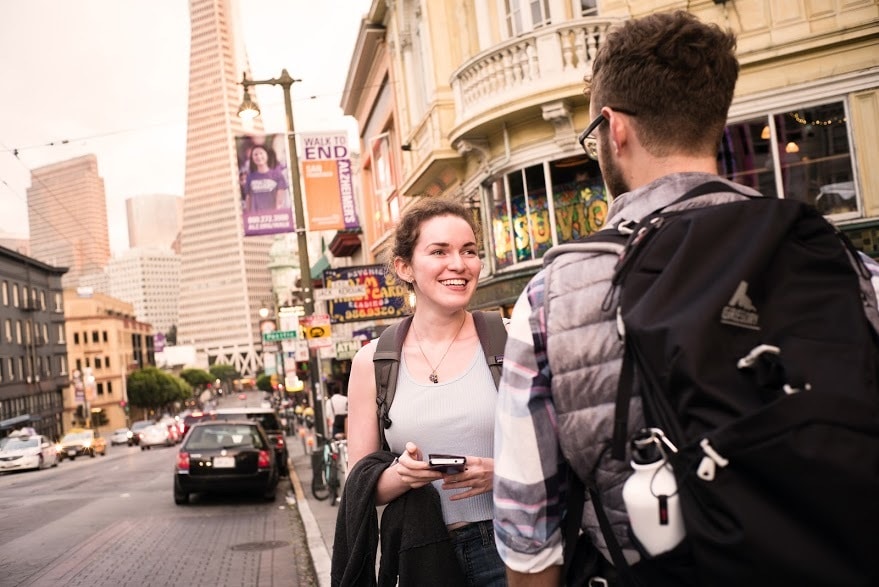
In the Photo: As part of the unique global immersion experience at Minerva, students will live, study and engage in cultural, social and civic experiences in each city where they reside.
How do you plan on accomplishing those goals and mission?
R.G.: We are preparing Minerva students to become leaders, innovators, broad thinkers and global citizens by offering them a unique educational experience that is deliberately designed to enhance their intellectual growth and help them develop critical skills. By teaching four core competencies: critical thinking, creative thinking, effective communication and effective interactions, we are preparing students with a foundation of skills they will build on as they select their majors and areas of concentration.
Based on decades of research in the science of learning, our pedagogy is intentionally designed to engage students in active learning. Research shows that lectures are not a very effective way to learn, which is why you won’t find them at Minerva. All of Minerva’s classes are live, face-to-face seminars with less than 20 students. The classes are conducted on our proprietary Active Learning Forum platform. Professors lead students through lively discussions, debates, and collaborative breakout sessions. At the same time our students are intensely engaged in their academics, they are also experiencing global immersion. Over the course of four years at Minerva, a student will live in up to seven major cities around the world.
Our first class of students will graduate in 2019, and we have developed career coaching and support services that will be available to them for a lifetime to help them realize their full potential.
Related Articles: “ON THE WAYUP: INTERVIEW WITH NINA BOYD”
“WHEN INNOVATION AND EDUCATION INTERSECT: THE STORY OF EDMODO”
What are the seven major cities you plan on putting residence halls in? Why there?
R.G.: We selected from the great cultural, political, and economic capitals of the world, and also had to ensure that the cities we picked were safe; affordable; had a stable infrastructure across health, energy, and internet; were large and diverse enough to provide great examples for the variety of interests that our students possess; and provide radically different perspectives to one another.
The undergraduate experience at Minerva involves living and learning in San Francisco, Buenos Aires, Berlin, Bangalore, Seoul, London and Istanbul. Students live in San Francisco for their freshmen year and then spend a semester in each of the other cities. It’s an incredible experience to learn about different cultures, gain new perspectives, and extend the learning environment into diverse urban environments.
Although classes are conducted online using our Active Learning Forum, students live together in Minerva residences and have many extra- and co-curricular opportunities that immerse them in the cities they are in. Our approach is to view each city as a campus. Students meet the local leaders of government, industry and the cultural institutions, experience a vast array of local programming, and interact with the community around them.
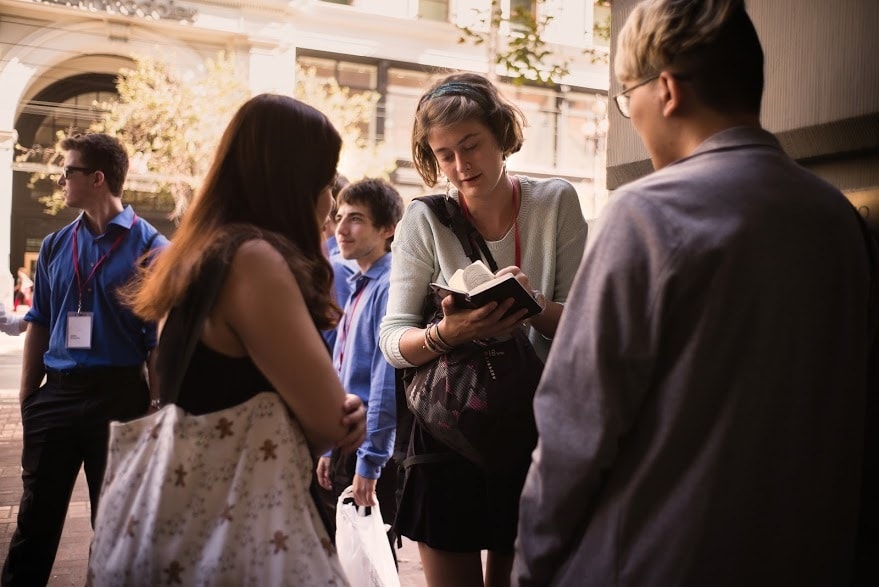
In the Photo: Minerva students will spend their freshman year in San Francisco before they move to Berlin, Buenos Aires, Seoul, Bangalore, Istanbul and London for the remaining academic years.
Are the professors and instructors only involved in The Minerva Project or do they hold other positions at other schools?
R.G.: We are proud to have attracted world renowned faculty who have a passion for teaching. Many of our teaching faculty appreciate that they can live anywhere in the world while working with Minerva and teaching classes through our Active Learning Forum platform. The majority of Minerva faculty positions are full-time. However, in order to secure world-class faculty, we are flexible to accommodate personal or professional schedules.
What’s the advantage of focusing on science and liberal arts to help students become successful?
R.G.: Minerva is focused on helping our students develop essential skills – critical thinking, creative thinking, effective communication and effective interaction – that will prepare them for careers that may not even exist yet. Our liberal arts and sciences program is rigorous and offers unique, interdisciplinary majors across social sciences, natural sciences, arts and humanities, computational sciences and business. Majors such as “Rhetoric, Persuasion and Literature” and “Data Science and Information Management” are designed to prepare students for leadership roles in business, government and society.

In the Photo: Minerva students work collaboratively between seminar classes and everyday discussions equipping them to have a lasting impact on the world.
Is there an idea of what the cost to attend will be and what those costs will cover?
R.G.: Minerva delivers a world-class education to the world’s brightest students at a fraction of the cost of any other highly selective university. Minerva’s tuition is just $10,000/year. Room and board is an additional $18,000, bringing the total cost to about $28,000.
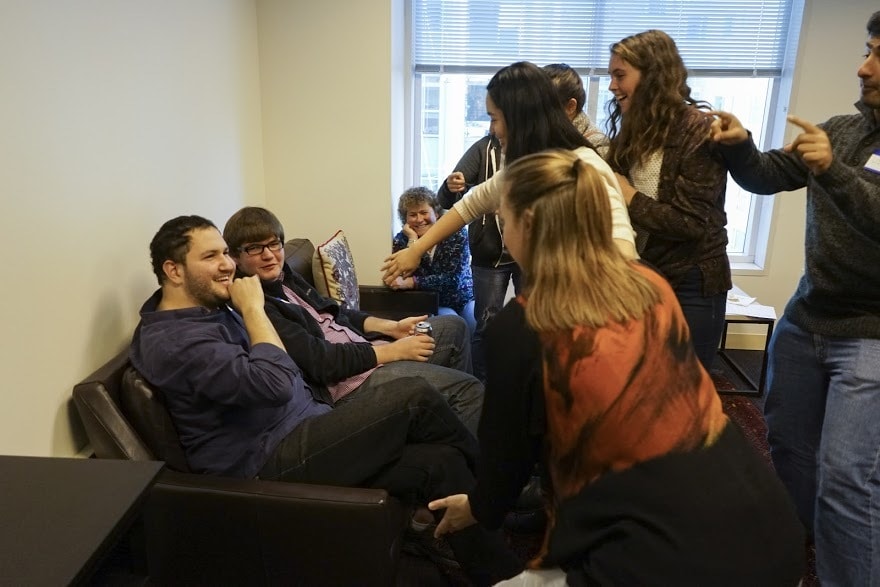
In the Photo: While classes are online, the Minerva students live together in a residence hall to create a tight student community.
What does the future hold for The Minerva Project?
R.G.: Our program is scaling quickly. We attracted nearly 11,000 applicants for our current class, demonstrating great enthusiasm from students around the world for our unique approach. We are also broadening the scope of our offering. We recently announced that we now offer a Master’s of Applied Arts and Sciences degree, which Minerva students can complete concurrently with their bachelor’s. At the same time, we have been approached by numerous schools interested in our Active Learning Forum and curriculum. As I mentioned earlier, it’s our hope that other universities will adopt our approaches or are inspired to develop something even better over time.
_ _
Corrections: An earlier version of this article referred to the Minerva Schools at KGI imprecisely.


